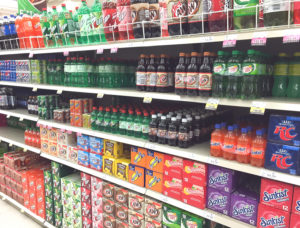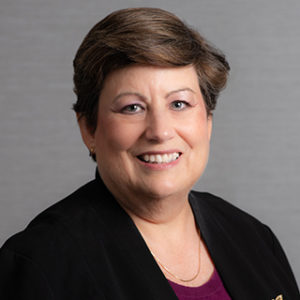Cook County Sweetened Beverage Tax – What’s so Hard about It???
This blog post details the history of Cook County’s sweetened beverage tax, from its enactment to its subsequent repeal.
On June 5, 2017, Seattle enacted a new sweetened beverage tax, commonly referred to as a “soda tax.” If this were an isolated incident of a jurisdiction passing this type of tax, it wouldn’t be very newsworthy. But Seattle is just the latest in a string of major cities that have proposed and enacted a soda tax since November 2016.
This trend has been picking up steam and could continue to do so through the rest of 2017. Let’s take a look at the cities that have adopted soda taxes in the last few years. In some cases, there have been ballot initiatives but others have been enacted with a legislation.
Berkeley, CA was an early adopter of the soda tax. Approved by voters in November 2014, the ordinance enacted a soda tax in the amount of one-cent per ounce on sugar-sweetened beverages. Philadelphia, PA followed suit, enacting a 1.5 cent per ounce tax on sweetened beverages, effective January 1, 2017 (for an update on Philadelphia’s soda tax, check out our news item).
November 8, 2016 marked the first flurry of activity in the recent string of soda taxes being enacted. On that date, four cities – Boulder, CO; San Francisco, Oakland and Albany, CA approved soda taxes. The three California cities – San Francisco, Oakland and Albany – each approved a soda tax of one-cent per ounce. Oakland’s soda tax will take effect on July 1, 2017. San Francisco’s will take effect on January 1, 2018.
Boulder, Colorado’s soda tax was approved by voters on November 8, 2016. Boulder’s soda tax is steeper, at two-cents per ounce. The tax takes effect on July 1, 2017.
Also in November 2016, the Cook County, IL Sweetened Beverage Tax Ordinance was passed. The tax will be imposed at the rate of one-cent per ounce on the retail sale of all sweetened beverages in Cook County, which includes Chicago. The effective date of the tax is July 1, 2017. It’s worth noting that the City of Chicago has imposed a 3% soft drink tax since 1993. (For an update on the Cook County Sweetened Beverage Tax, check out our detailed blog post)

Which brings us to the most recent city in the soda tax trend. Seattle’s soda tax will apply at the rate of 1.75 cents per ounce. The tax will take effect on either January 1, 2018 or April 1, 2018 depending on if there is an election on a referendum on this ordinance.
And of course, each one is different in terms of not just the rate but what is included. The taxes aren’t just on “soda” – but rather on sweetened beverages. That includes fruit juices, bottled coffee drinks that are sweetened and potentially drinks like lattes and coffee drinks with shots of flavored syrup. In fact, mixed drinks at bars and restaurants are even included in Cook County if the mixer is a sweetened beverage. Seattle however is excluding “diet” drinks with artificial sweetener as the health risks aren’t as well defined and documented as with caloric sweeteners.
It’s a fascinating trend to watch as the sweetened beverage taxes being enacted go beyond tax authorities’ efforts to find new sources of tax revenue. These taxes have a social policy aspect, as they attempt to curtail the consumption of these beverages. The revenue generated by the soda taxes is often intended for use in health and wellness programs by the state.
It will be interesting to see if the trend continues in other cities across the country. After being successfully passed in major cities such as Philadelphia, San Francisco, Chicago and Seattle, I would guess it is very likely that we may see other big cities or even states jumping on the bandwagon.
 About the Author:
About the Author:Diane L. Yetter is a strategist, advisor, speaker, and author in the field of sales and use tax. She is president and founder of YETTER Tax and founder of the Sales Tax Institute. You can find Diane on LinkedIn and Twitter.